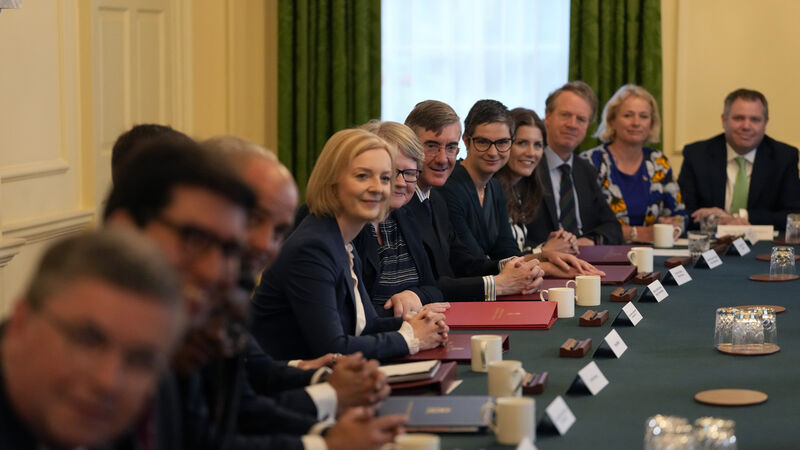What's the next for Northern Ireland with Liz Truss at the helm?

Liz Truss hosts the first meeting of her new cabinet in Downing Street in London.
Liz Truss, the architect of the controversial Northern Ireland Protocol Bill, has become the fourth Conservative Party leader to take the reins since the 2016 Brexit referendum.
And just like her predecessors, Truss is pursuing an unattainable version of Brexit, which is likely to be her undoing.













